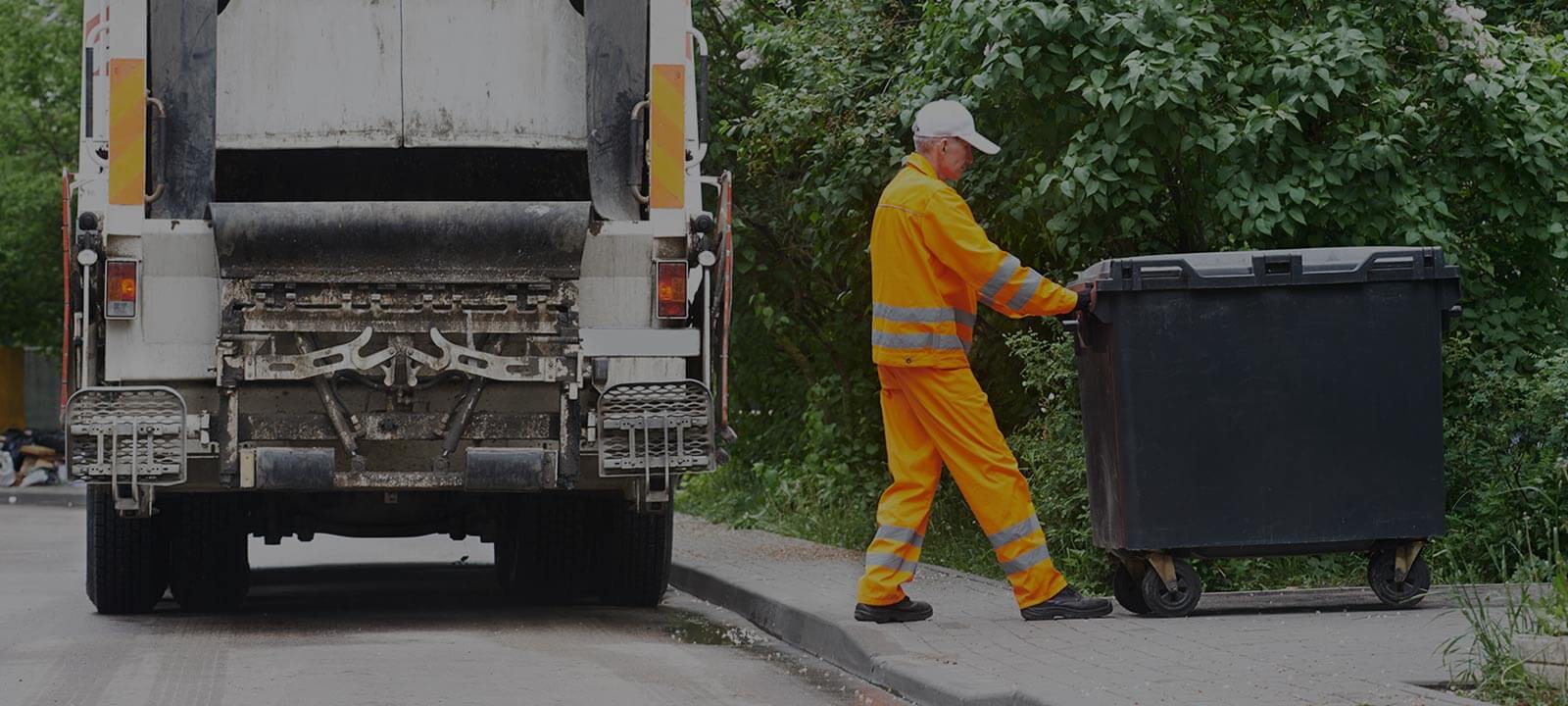Green Waste: Unexpected Facts You Should Know
Posted on 11/04/2025
Gone are the days when waste simply meant the stuff we threw out, without much thought. Nowadays, the term "green waste" is an important part of our vocabulary--reflecting an increased awareness of its environmental impact. Green waste, or organic waste, encompasses everything from grass clippings to food scraps. As we strive for a more sustainable future, understanding green waste and its implications becomes increasingly vital. In this article, we'll explore the intricacies of green waste, surprising facts, and innovative solutions you should know about.
What Constitutes Green Waste?
Green waste is a category of organic waste that includes biodegradable plant and food residues. Examples include:
- Grass clippings
- Tree branches and leaves
- Fruit and vegetable peelings
- Coffee grounds
- Eggshells
- Garden weeds
These items may seem mundane, but they have significant consequences for our environment. Instead of decomposing naturally in a landfill, green waste can generate methane, a potent greenhouse gas. Therefore, managing green waste properly is crucial for environmental health.

Unexpected Facts About Green Waste
Understanding green waste is more than just recognizing its components. Here are some surprising facts that illuminate its importance and challenges:
1. Green Waste Contributes to Global Warming
When green waste is dumped into landfills, it decomposes anaerobically due to the lack of oxygen. This process creates methane, which is approximately 25 times more effective at trapping heat in the atmosphere than carbon dioxide. Properly managing green waste can significantly reduce methane emissions.
2. Composting Green Waste Saves Energy
Aside from reducing methane emissions, composting green waste saves substantial amounts of energy. Processing organic waste through composting or anaerobic digestion requires far less energy compared to the treatment of traditional solid waste. This energy saving can then be redirected to other essential processes.
3. Green Waste Can be a Resource
When properly managed, green waste can be transformed into valuable resources like compost, which enhances soil fertility, or biogas, which serves as a renewable energy source. Taking advantage of these potential resources can lead to more sustainable agricultural practices and a reduction in fossil fuel use.
4. Urban Areas Generate More Green Waste
While one might assume that rural areas produce more green waste due to their agricultural activities, urban areas are surprisingly significant contributors. Residential lawns, public parks, and urban gardens generate massive amounts of green waste. Developing urban composting programs can mitigate the problem while promoting city greening efforts.
5. Green Waste Collection Services are Growing
Due to increased awareness, many municipalities have started green waste collection services. These programs often provide separate bins for organic waste and offer regular pick-up schedules. This separation ensures that green waste can be processed in specialized facilities rather than ending up in general landfills.
Strategies for Managing Green Waste
Effectively managing green waste involves a combination of individual actions, community programs, and technological innovations. Here are some key strategies:
Home Composting
One of the simplest ways to manage green waste is home composting. A compost bin or pile in your backyard can turn your kitchen scraps and garden waste into nutrient-rich compost for your plants. It is an excellent way to recycle organic matter and reduce your carbon footprint.
Community Composting Programs
Community composting initiatives can accommodate those without suitable space for home composting. These programs can take place in community gardens, local parks, or designated composting sites. They provide educational resources and practical guidance to help residents compost effectively.
Anaerobic Digestion
Anaerobic digestion is a more advanced technique that involves breaking down green waste in an oxygen-free environment. This process not only yields biogas--usable for energy--but also digestate, which can act as a high-quality fertilizer. Many municipal waste management systems are now incorporating anaerobic digestion facilities.
Innovative Collection Services
Innovative services and technologies are emerging to better manage green waste. For instance, smart bins equipped with sensors can alert waste management authorities when they are full, ensuring timely collection and processing. Mobile apps and platforms can assist residents in separating their waste more efficiently.
Regulations and Policies Around Green Waste
The increasing focus on sustainable waste management has led to the development of various policies and regulations worldwide. These rules aim to incentivize better waste management practices and ensure compliance with environmental standards.
Mandatory Organic Waste Separation
Several regions have enacted laws that mandate the separation of organic waste from other types of waste. These regulations often include guidelines for proper sorting and disposal, as well as penalties for non-compliance. By enforcing these standards, governments hope to reduce the amount of organic waste in landfills.
Incentives for Composting
To encourage composting, many governments offer incentives such as tax breaks, grants, or subsidies for both individuals and businesses. These incentives can make composting more attractive and financially viable, driving broader adoption.
Educational Campaigns
Public education campaigns are essential for raising awareness about the benefits and methods of green waste management. These initiatives can range from school programs and community workshops to online resources and social media campaigns. The goal is to empower the public with the knowledge and skills needed to manage their green waste responsibly.

The Future of Green Waste Management
As technology advances and awareness grows, the future of green waste management looks promising. Here are some trends and innovations that are shaping the future:
Smart Waste Management Systems
The integration of artificial intelligence (AI) and the Internet of Things (IoT) into waste management systems is revolutionizing the way we handle green waste. Smart bins, automated sorting facilities, and advanced composting technologies are making the process more efficient and less labor-intensive, leading to higher recycling rates and lower environmental impact.
Decentralized Waste Processing
Decentralized waste processing models, such as local anaerobic digestion units and community composting hubs, are gaining traction. These models reduce the need for long-distance waste transportation, lower carbon emissions, and promote local resource cycles.
Biodegradable Packaging
The push for sustainable packaging is driving innovation in biodegradable and compostable materials. As these materials become more prevalent, the volume of green waste in the waste stream will likely increase, necessitating advanced processing solutions.
Circular Economy Initiatives
The concept of a circular economy, where waste is minimized, and resources are continually reused, is becoming a guiding principle for green waste management. Initiatives like closed-loop agriculture, where green waste is returned to the soil as compost, exemplify this approach and offer a sustainable path forward.
Policy and Regulation Evolution
As green waste management practices evolve, so too will the policies and regulations governing them. Future regulations may place greater emphasis on producer responsibility, mandating that manufacturers design products and packaging with end-of-life disposal in mind. This shift could lead to more sustainable product lifecycles and reduced waste generation.
Conclusion
Green waste is more than just the organic material we discard; it's a vital part of our ecological footprint. Understanding its impact, the surprising facts surrounding it, and the strategies for managing it effectively can help us make more informed decisions. By embracing home and community composting, supporting innovative waste management solutions, and advocating for stronger policies, we can turn green waste from a problem into a valuable resource. As we continue to refine our approach, the future of green waste management holds great promise for a more sustainable and environmentally friendly world.
Latest Posts
Reusing for Resource Conservation
Industry applauds government's dedication to improving e-waste recycling practices






